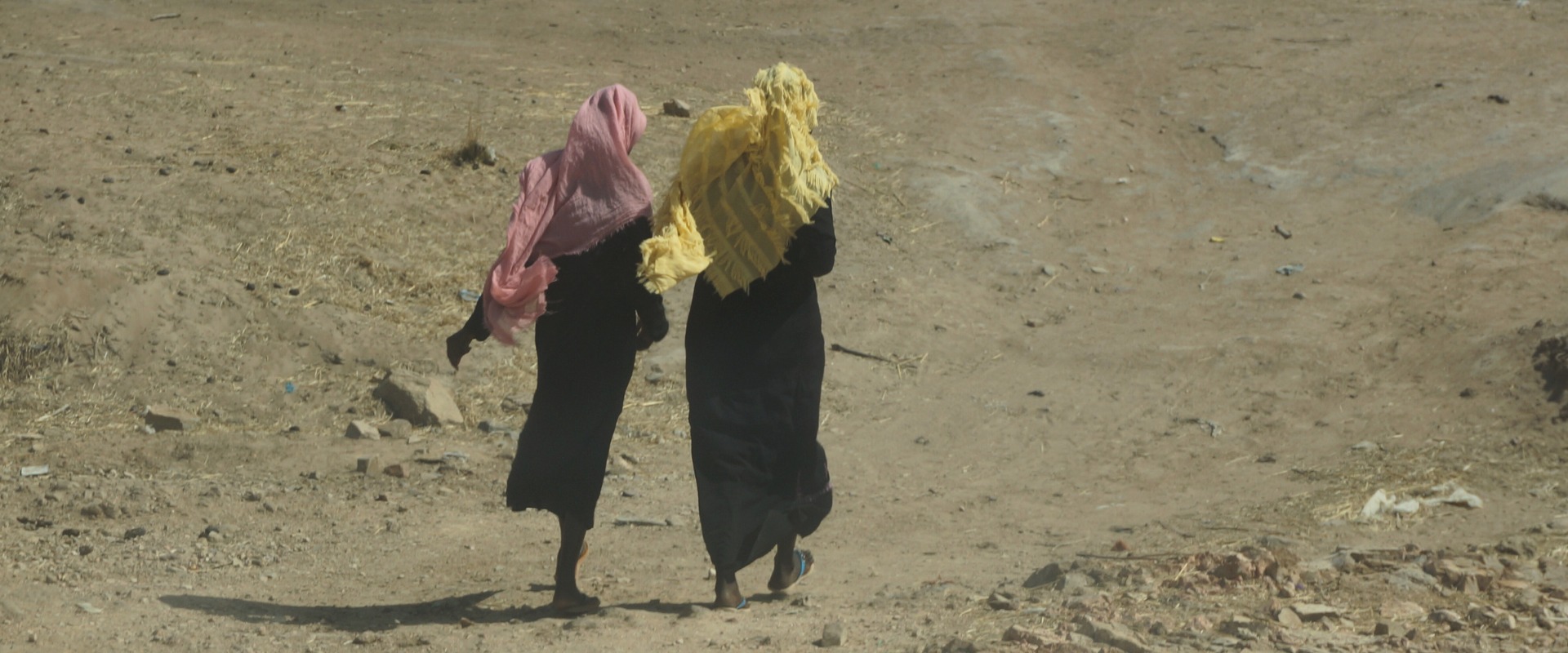
GIVE THIS RAMADAN

Toronto, ON, August 2, 2024. Yesterday, The United Nations released the Integrated Phase Classification (IPC) report for Sudan, which states that famine conditions are present in parts of the country. Millions of people face extreme shortages of food and basic resources. The report is produced by the UN, governments and nongovernmental organizations, including Action Against Hunger, which has been operating in Sudan since 2018.
The UN report confirms that these famine conditions exist, especially in North Darfur, and in particular, the Zamzam camp for internally displaced people (IDP) near the town of El Fasher. Zamzam is one of the largest IDP camps in Sudan, with an estimated population of at least half a million people.
“People suffering from famine are on the verge of death,” says Hélène Pasquier, an expert on food security at Action Against Hunger. Pasquier explains that “in Zamzam, people have not received food assistance since April, largely because of impeded access to humanitarian organizations. Commodities are not reaching the markets, and people have no supplies left after so many months of conflict. Meanwhile, prices continue to soar, and people have no access to banks or cash. Health services in Zamzam are virtually non-existent. The situation has been extremely worrying for far too long.”
Famine is the worst form of hunger. At this level of food insecurity, even after coping strategies are fully employed, affected people face extreme food shortages, which can lead to starvation and death. Today’s declaration is, or should be, a turning point, as there have only been four famine declarations in recent decades: South Sudan (2017), Somalia (2011), North Korea (1995) and Ethiopia (1984).
“Action Against Hunger has been warning of the seriousness of the situation since the beginning of the conflict in April 2023. However, it is still possible to act to prevent the catastrophe from becoming even greater,” says Paloma Martín de Miguel, Head of Operations for West Africa for Action Against Hunger.
The level of violence in Sudan is extreme. In the El Fasher area, the conflict has meant that, beyond Zamzam, other camps for displaced people, where people are particularly vulnerable and exposed to violence, are at risk of famine.”
In addition, IPC data show that the states of East, West, Central and South Darfur, South Kordofan, Khartoum and Al Jazirah may also be experiencing famine. “Our teams are not present in Zamzam,” explains de Miguel, “but they are working on the ground on a daily basis in other areas where there is also a risk of famine, such as Central Darfur and South Kordofan.
Famine can be stopped, but only with adequate access and funding. “Humanitarian organizations like ours are finding it increasingly difficult to reach people in need,” explains Samy Guessabi, Director of Action Against Hunger for Sudan. “We urge all parties to the conflict to take immediate action to prevent the escalation of the hunger crisis in Sudan. We also call on the international community and humanitarian actors to provide urgent assistance and the necessary funding. The situation is critical and demands an immediate response,” says Guessabi.
Join our community of supporters passionate about ending world hunger.